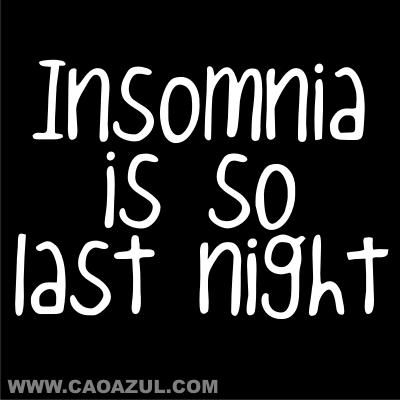May is Borderline Personality Disorder month! Who knew? Well Dr. Barry Lubetkin certainly knew and this week he shares some insight into this very common but difficult diagnosis and treatment.
” Borderline Personality Disorder………The toughest diagnosis
Did you know that by an action of Congress, May is Borderline Personality Disorder month!! BPD is a most challenging mental disorder; It is characterized by many of the following symptoms:
1.Emotional instability and impulsivity.
2.Poor interpersonal relationships and poor self image
3.Intense fears of abandonment.
4.Manipulative behavior to obtain nurturance
5.Drug and alcohol abuse
6.Increased probability of suicidal gestures or attempts.
Individuals with BPD (three times as many are woman then men), are often the toughest challenges to therapists, and often resist potentially effective treatment. While medication and directive Cognitive Behavior Therapy may help reduce paralyzing symptoms, progress is often slow and inconsistent. Research now indicates that the most promising approach is called Dialectical Behavior Therapy (DBT). It consists of intensive group and individual therapy focusing on helping patients control emotional upheavals by learning how to soothe themselves, practicing developing new interpersonal skills, resisting the impulse to condemn themselves, challenging irrational assumptions about how others view them, and a whole lot more. In New York City, The Psychiatry Department at Columbia Presbyterian Hospital offers this treatment.
The best books out on the subject are…..”Stop Walking on Eggshells“, “I Hate You,Don’t Leave Me” and any excellent text by Dr. Marsha Linehan,the discoverer of DBT. Contact me at the Institute For Behavior Therapy at IBT104@AOL.com for more info.”










